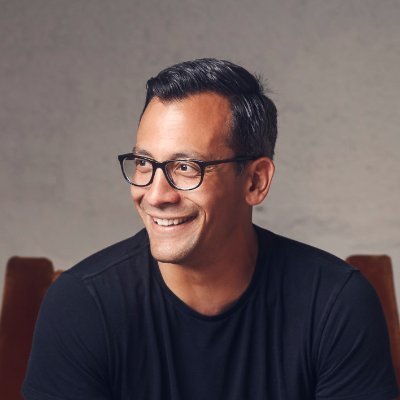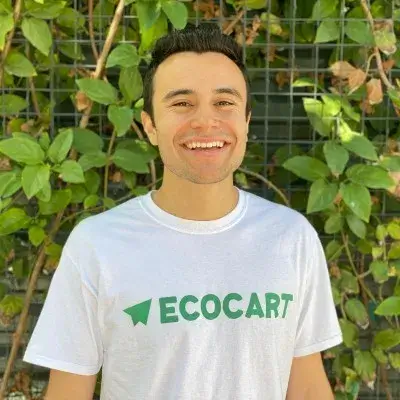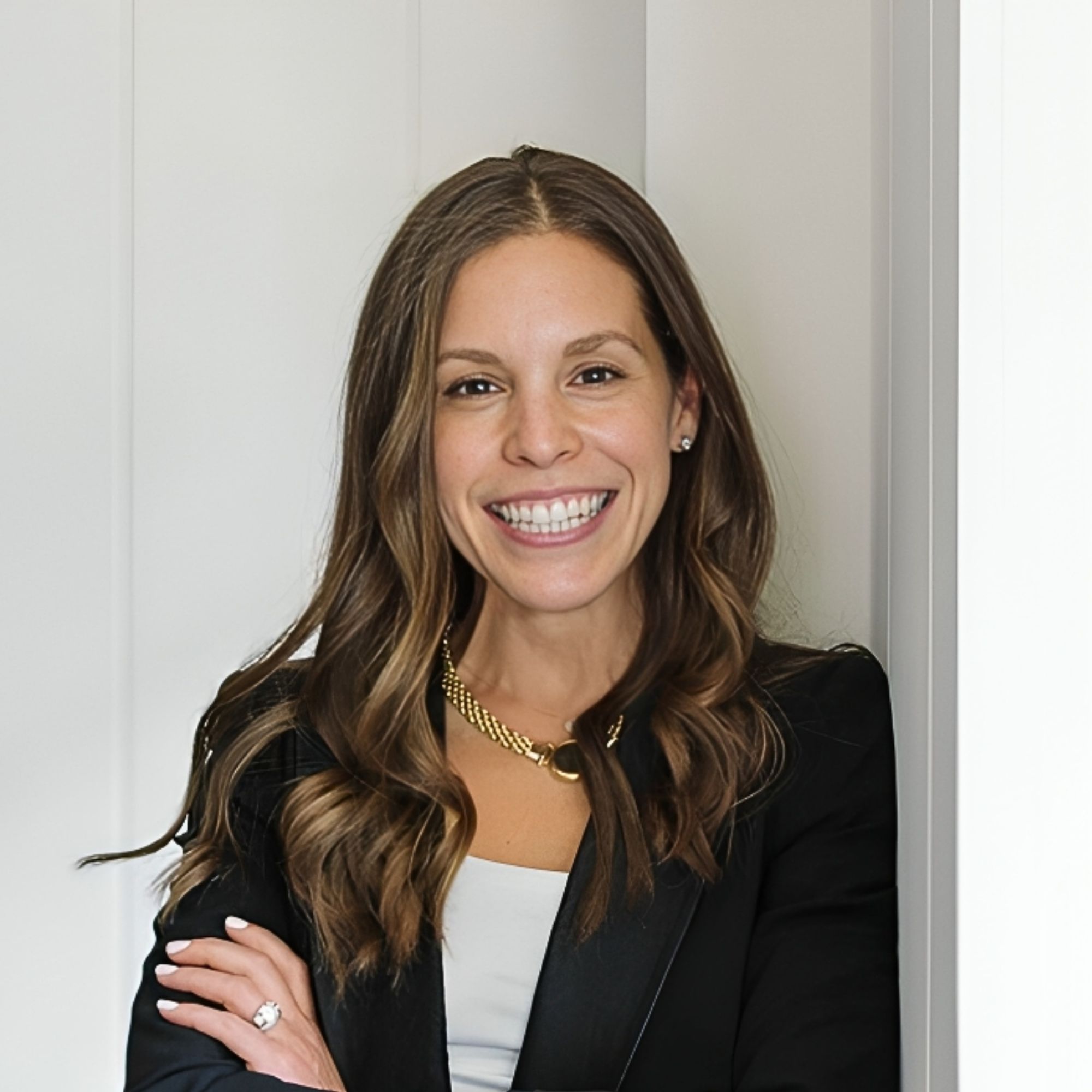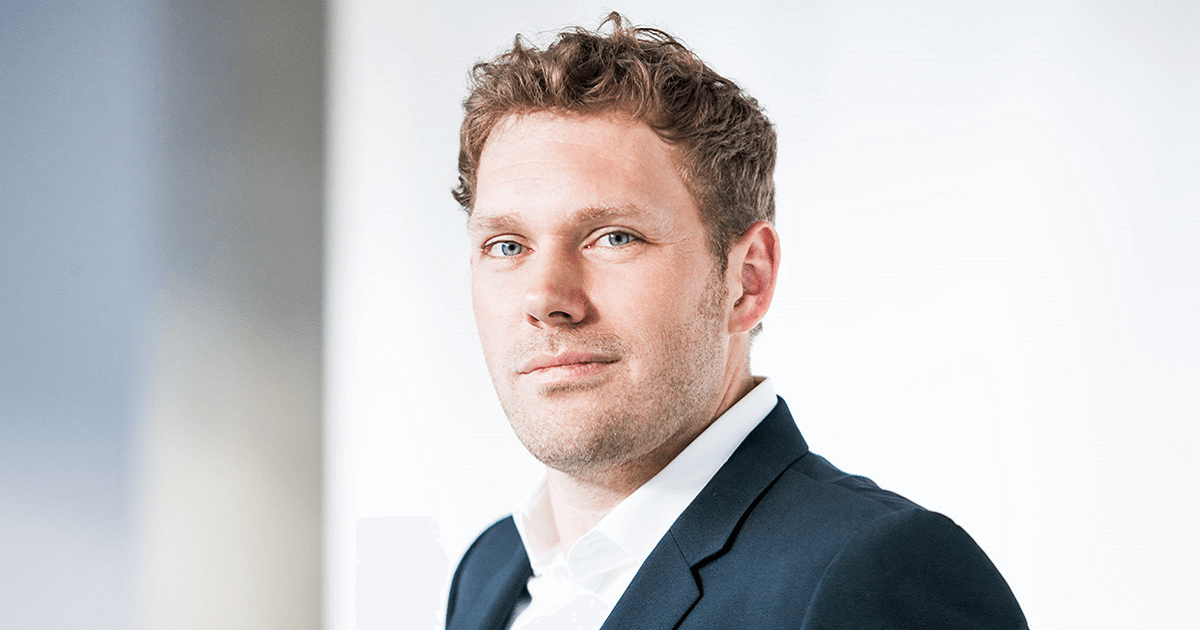Ready to launch your own podcast? Book a strategy call.
Frontlines.io | Where B2B Founders Talk GTM.
Strategic Communications Advisory For Visionary Founders
Conversation
Highlights
How a Manual Market-Making Operation Evolved Into a $10M E-commerce Infrastructure Platform
Most founders build companies to solve problems they observe. Melodie van der Baan built Max Retail to solve a problem she lived through across multiple roles in the retail industry. In a recent episode of Category Visionaries, she shared how manually matchmaking excess inventory between retailers across the country evolved into an infrastructure platform that’s transforming how independent retailers monetize unsold goods.
The Evolution of Product-Market Fit
What’s fascinating about Max Retail’s journey is how the founding team’s understanding of the problem evolved through direct experience. As a sales representative, Melodie would drive a sprinter van loaded with designer collections from South Florida to Boston, discovering a persistent pattern: “When I entered a store, they would point out to me what didn’t sell from the season before… The brands did not want to take back the merchandise. And yet, if I didn’t figure it out, they weren’t going to buy from me again.”
Her solution? She began matching excess inventory between retailers manually: “If I was in Baltimore looking at a size run of striped dresses that were not performing well, but I knew they were blowing out in Birmingham, I would call that buyer in Birmingham and say, ‘Hey, listen, I have some more of those great dresses.'”
The First Technical Iteration
After bootstrapping with a small team and working with developers in India, they built their first marketplace. But before launch, a friend’s technical review revealed fundamental issues. “This isn’t anything useful. I could rebuild it in a month,” the engineer said. Those became “famous last words” as he spent the next two years architecting their first B2B marketplace.
Pivoting Through Market Disruption
The timing of their launch couldn’t have been worse – February 2020, just before COVID shut down retail stores nationwide. “Here I am, still owning my retail store, having two children under the age of three, and a startup that just launched,” Melodie recalls. The marketplace was designed for retailers to buy from other retailers, but “no one needed anything.”
Finding Revenue Through Accidents
A pivotal moment came through an accidental email blast. “We sent out an email to what we thought was all the independent retailers. It turns out we sent that email to both retailers and brands,” Melodie explains. This mistake revealed crucial insights about unit economics: liquidation worked better for brands (who were only out manufacturing costs) than retailers (who had paid wholesale prices).
Infrastructure Over Marketplace
Perhaps the most valuable insight for B2B founders is how Max Retail positioned itself in the market. “We are actually e-commerce infrastructure,” Melodie explains. “The ability for an independent retailer or brand to be able to sell their excess inventory across a network of demand that would otherwise be too challenging for them to do on their own. They don’t have the time or the know-how. They can’t do the taxonomy. Their data is too dirty, their inventory is too fragmented.”
Measurable Impact
The numbers validate their approach. “In the beginning of 2022, the average payout to our retailers was around $151. And as of today, it is an average of $1,200 per month,” with top performers making over $20,000 monthly. This represents meaningful revenue for independent retailers who can now “either pay utilities, pay for one of their employees, write themselves a check for the first time out of this revenue.”
Technical Debt of Non-Technical Founders
One of Melodie’s most candid admissions reveals a common blindspot for non-technical founders: “Learn what the hell product is. I didn’t even know that was a word until, like, two years in.” After her first product hire, she saw how it “brought structure and prioritization and a roadmap” – all new concepts that transformed their development process.
The story of Max Retail offers B2B founders a masterclass in letting customer needs guide product evolution, even when that means completely rethinking your initial approach. As Melodie advises: “Don’t go looking for a problem to solve. Solve the problem that haunts you day and night, and you will never want to remove yourself from it.”
Actionable
Takeaways
Solve a Problem You've Experienced Firsthand:
Melodie's deep understanding of the challenges faced by independent retailers and her passion for solving the excess inventory problem stem from her own experiences in the industry. Founders should look for opportunities to address pain points they've encountered directly, as this can provide valuable insights and drive their commitment to finding a solution.
Embrace Pivots and Adapt to Changing Circumstances:
When the COVID-19 pandemic disrupted Max Retail's initial B2B marketplace model, the company quickly adapted by exploring new channels for liquidating excess inventory to end consumers. Founders must be willing to pivot their strategies in response to external factors and market feedback, while staying true to their core mission.
Leverage Partnerships to Expand Reach and Drive Growth:
Max Retail's partnerships with third-party marketplaces like Poshmark were instrumental in unlocking new revenue streams for independent retailers and driving the company's growth. Founders should actively seek out strategic partnerships that can help them tap into new audiences, distribution channels, or complementary services.
Focus on Delivering Measurable Value to Customers:
Melodie emphasizes the importance of providing tangible benefits to independent retailers, with Max Retail's platform enabling them to generate significant additional revenue from their excess inventory. Founders should prioritize metrics that demonstrate the real-world impact of their solutions on their customers' businesses.
Build Authentic Relationships with Investors:
Rather than viewing fundraising solely as a means to secure capital, Melodie approaches it as an opportunity to forge meaningful, long-term relationships with investors who share her vision and can provide ongoing support and guidance. Founders should carefully select investors who align with their values and can serve as true partners in their entrepreneurial journey.




























